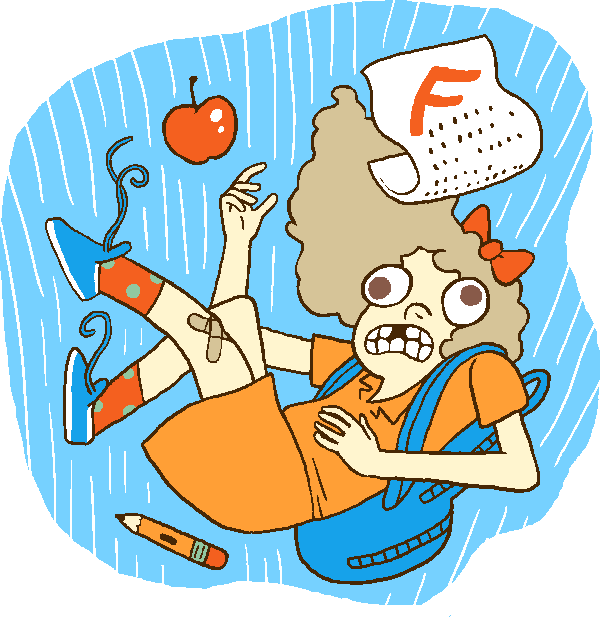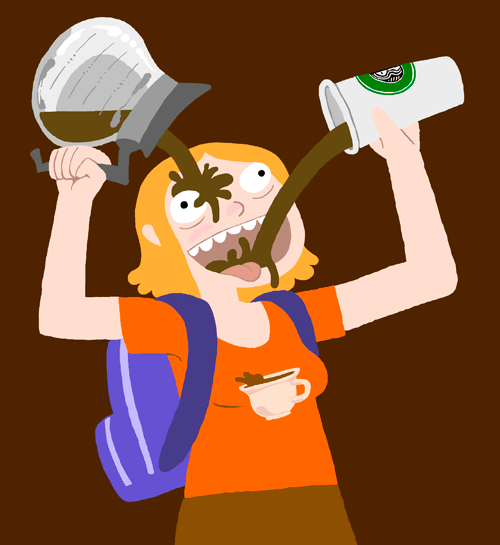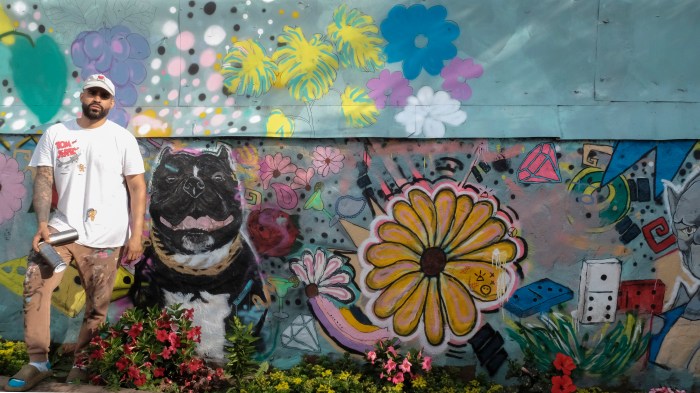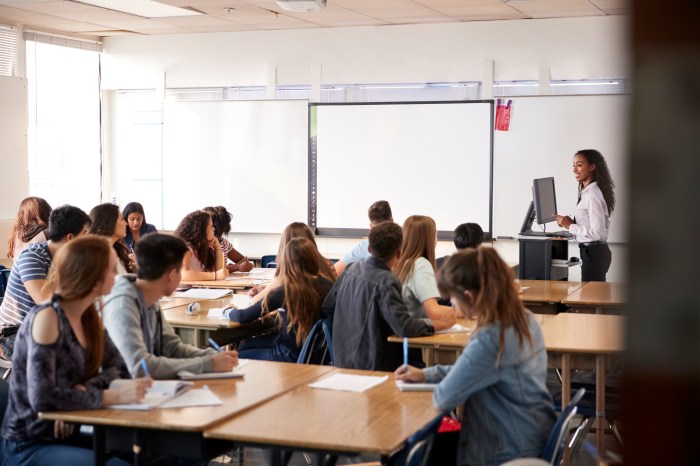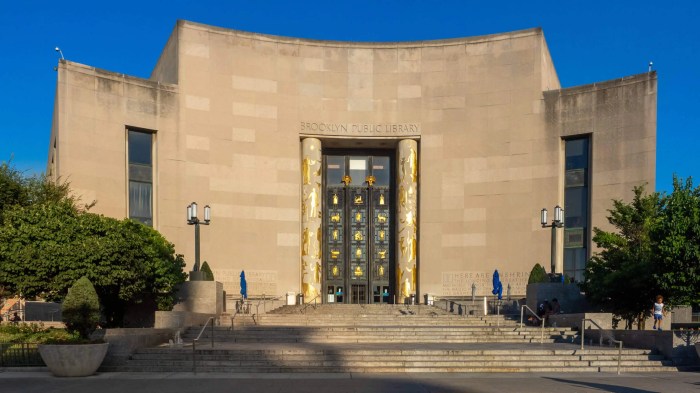I fear that my 16-year-old daughter is an addict.
It’s caffeine.
From the omnipresent latte cup in her hand to the spent bottles of ice tea drinks I find in her book bags, the black devil has gotten its stimulating hooks into her.
She denies it, saying, “I can stop anytime.” She ignores my pleas — “It’s not a problem.”
She rejects all reason — “It doesn’t affect me.”
I don’t believe her.
Last Sunday morning, at 10:30 am, she stumbled into the kitchen and the first words out of her mouth were, “Is there coffee?” She can barely make it to school on time, but she’ll be at Starbucks before an early softball practice just to grab a grande to make it through the morning. I don’t approve of her habit.
In my mind, at her age, coffee is a gateway drug. It may not be so bad itself, but it could well lead to worse things. I fear that the lesson she’ll learn is that if a cup of joe can make you feel better, why not try Oxycodone, or Ecstacy, or methamphetamines?
After all, it’s the same thing: taking something to adjust your mood and energy, to do better in sports or on a test. Who cares whether it’s in liquid or pill form? And from there, why not cocaine, heroin, anything to smooth out life’s dips and bumps, to speed you up the hills and over the obstacles?
I won’t buy or brew her coffee. I won’t participate in the procurement of her fix. But she’s 16, and I’m not with her much any more. She has her own money. How should I handle this? Have her followed? Require daily urine samples and dock her allowance if they come back positive for caffeine? Ground her? Aversion therapy? Send her to boot camp in a desert somewhere? Military school?
Of course, I’m hampered by my own hypocrisy and cultural indifference. My wife and I have coffee everyday, a few cups before the kids are even out of bed or the dog is walked. I certainly won’t give it up. I depend on that morning pick-me-up to get me going, that after-lunch mug of java to help me through the afternoon lull. My habit hasn’t led me to rehab.
Also, there’s no minimum age to purchase Ethiopian dark roast or Colombian breakfast blend. Can you imagine someone at Connecticut Muffin asking for ID? Can you picture Dunkin Donuts or D’Amico’s turning a young customer away if he or she asked for a cup with a muffin?
I try to give my teenager the message, let your body do its job. No ibuprofen unless your fever is over 102 degrees. If you’re tired, sleep more.
This message often gets lost in her busy schedule. If she’s up until 1 am finishing homework and has an early dance rehearsal the next morning, her weary bod is an obstacle, so why discourage her from that warm cup of energy from the corner cart? If her school work is fine, if she’s present for her activities, if she’s not stumbling home on the weekends from late night parties, then what’s wrong with her doing the java jive?
That’s the dilemma — nothing is wrong until it is, and then I’m too late.
So I’m going to stand my ground with caffeine. I may not keep her from imbibing, but I will keep her thinking about the issues: What does it mean to use something to change your mood? To give you more energy? Why is one thing all right and another not?
I hope it’s enough.


